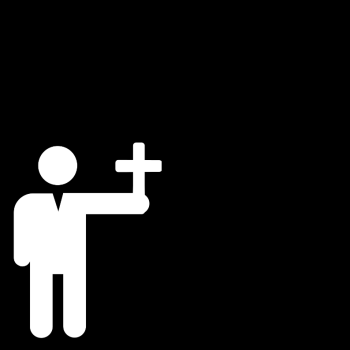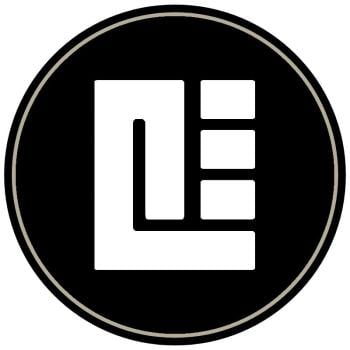In John 8:25, the religious leaders asked Jesus, “Who are you?”
Jesus was asked the same question of identity that we often are…and often the same question of identity that we ask our selves.
I sat with a young man at our church a few nights ago that had one question on his mind, “What am I?” The young man’s response to his own question was direct and rather brutal, “I am gay. That is all that I am or will ever be. It doesn’t matter that I am occasionally attracted to women. I need to learn how to fit into a gay identity.” It was as if there were a few identities to choose from and he had to choose one.
Last night, I spoke on the phone with a 70-year-old female friend who was in a relationship with a woman for over 40 years that tragically ended with the death of the woman. After a few months, the recently widowed woman to the surprise of nearly everyone around her started dating a man about her age. I asked her if she considered herself to be bisexual or still a lesbian. Her response was priceless,
“Why do I need a label? At my age, it’s all just love.”
This morning, I was contacted by a friend of mine who has always been attracted to women, but has now found himself at 40 years of age falling for a man. “Am I supposed to assume a gay identity or a bisexual identity? This is the only person I am attracted to right now, but I don’t want to discount my past relationships. This guy is the only one that I want. Am I gay or am I bi Jeff?” My friend felt like he had to assume an identity immediately on the phone.
We are a people who push identities both on our self and on others. We need to know what box we are going to check. We need to know where you are going to fit. We need to know what we are and what you are.
The problem with such simplistic thinking is that we are living in a beautifully complex world made up of beautifully complex people where labels and identities always fail to describe the totality of who a person is.
When people ask me, “Who am I?”
I always respond, “You are a queer child of God made in the image of a God who is queer.”
The beauty of this statement is that it opens the space for everyone to be the totally unique non-normative child of God that they were created to be by a God that is totally unique and non-normative.
The problem with identities is that they force us to fit into new normativities, often without allowing us to be the unique person that we are. People should be able to love who they love, whether it fits into their assigned or assumed identity or not. To question their love based on the identity they have assumed or we have assigned them, is to not love.
Returning to John 8:25, Jesus responded to the question of the religious leaders, “I am who I told you I was from the beginning.”
Perhaps we should start going by who we are…a unique child of God made for unique purposes, who fight for the rights of all people to love who they want to love…for we never know when our assigned or assumed identities might fail us too.
Amen.















